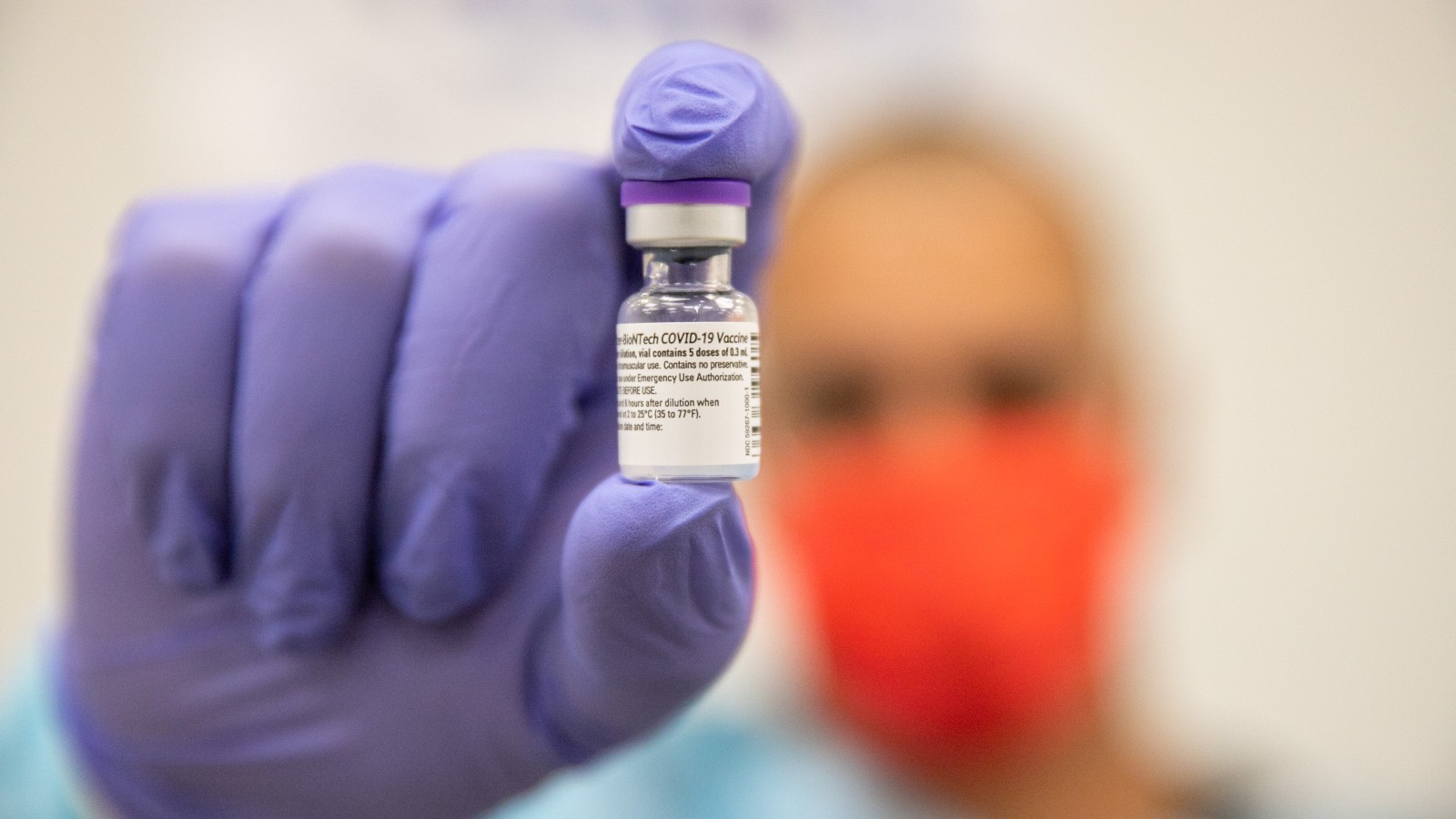Having vaccinated more people against Covid-19 per capita than any other country, Israel is in a unique position to study the effects of the first of two doses of the Pfizer/BioNTech vaccine.
Clalit, Israel’s largest health maintenance organization (HMO), looked at Covid-19 test results of 200,000 people over age 60 who were vaccinated and 200,000 people who were not.
They found that between five and 12 days after receiving their first dose, people were just as likely to test positive as were unvaccinated people. However, there was a 33 percent decrease in positive tests among vaccinated people 14 days after the first shot. (The second and final shot is given at 21 days.)
The second-largest Israeli HMO, Maccabi, did a similar study and reported a 60% drop in the chances for infection 14 days after the first dose.
Preliminary results of a smaller Israeli study, conducted at Sheba Medical Center on 200 people, found that after a week only 1% of those receiving the first Pfizer dose had enough antibodies to provide immunity. That number rose to 50% after 14 days.
Pfizer’s own Phase 3 trials with 40,000 people determined that the effects of the first dose kicked in after 11 days. Only about a week after the second dose did immunity levels reach the maximum 95%.
According to Our World in Data, as of January 14, 22.34 out of 100 Israelis have received the first Pfizer dose through Israel’s four HMOs, Magen David Adom and hospitals. That puts Israel in the No. 1 spot, with the United Arab Emirates in a distant second place at 12.9 per 100. The round of second doses has now begun.
Fighting for Israel's truth
We cover what makes life in Israel so special — it's people. A non-profit organization, ISRAEL21c's team of journalists are committed to telling stories that humanize Israelis and show their positive impact on our world. You can bring these stories to life by making a donation of $6/month.









